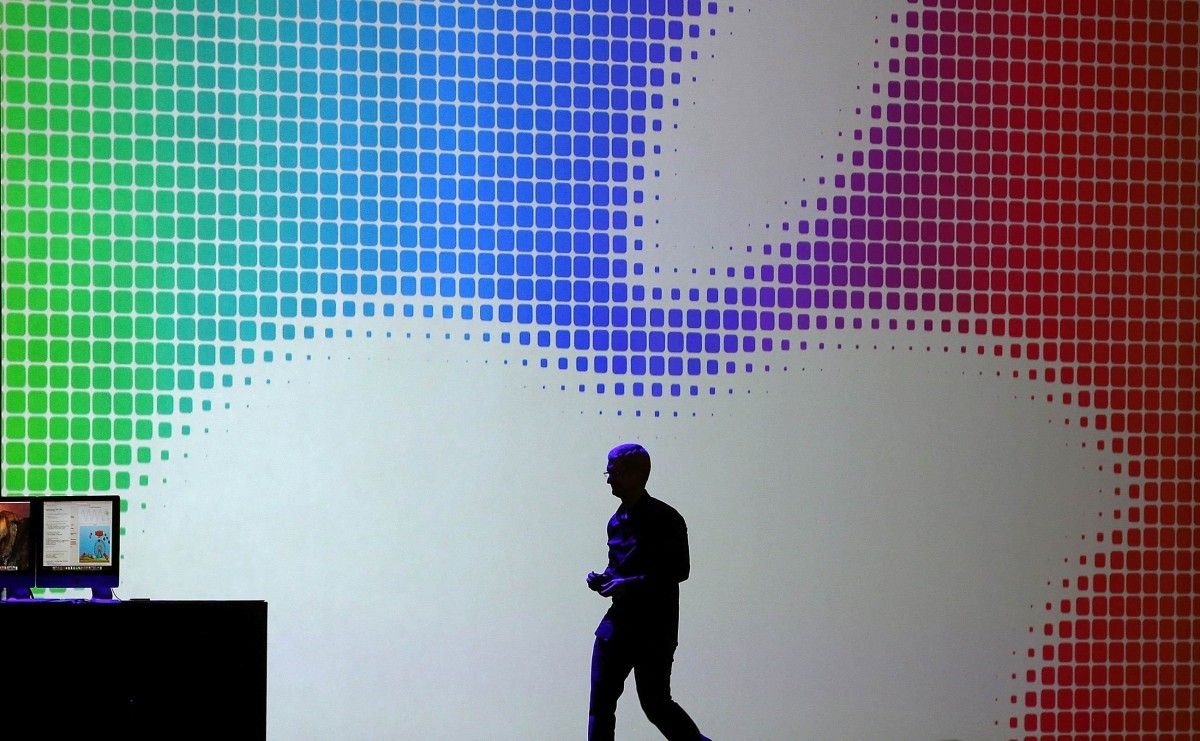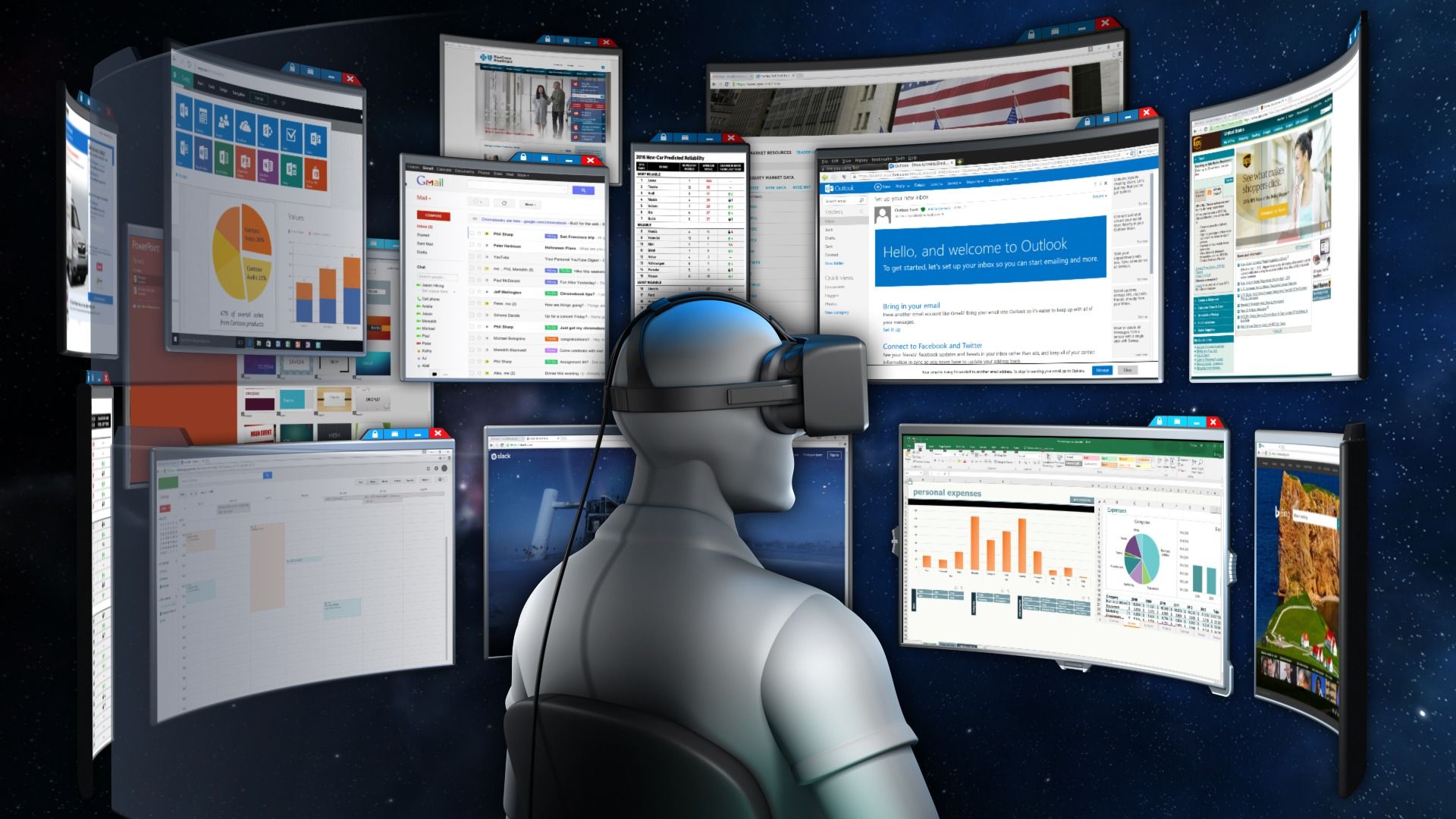Asteroid miners need a short-term financial plan that will keep them in business until they can get rich extracting resources from space-rocks.



China means business; and what will the long-term impacts to SV be? Could the US see a brain drain soon?
China has been encouraging its industrial firms to rise up the value chain through technical innovation and tougher efficiency standards, with the aim of creating globally competitive conglomerates.
It has vowed to be more selective in the way it disburses funds, and aims to cut off credit for non-competitive firms that are unable to upgrade.
The fund is financed by China Reform Holdings Corp Ltd, China Postal Savings Bank, China Construction Bank Corp and Shenzhen Investment Holdings, the notice posted on State-owned Assets Supervision and Administration Commission’s (SASAC) official Weibo platform said.


LONDON—(BUSINESS WIRE)—Technavio’s latest report on the global aircraft synthetic vision system (SVS) market provides an analysis on the most important trends expected to impact the market outlook from 2016–2020. Technavio defines an emerging trend as a factor that has the potential to significantly impact the market and contribute to its growth or decline.
Improved safety standards and changing regulatory scenario to boost the aircraft SVS market until 2020. Tweet this
An SVS is a computer-mediated reality system for aerial vehicles, which uses 3D technology to provide pilots with a clear understanding of their flying environment. It was developed by NASA and the US Air Force in the late 1970s and 1980s, in support of air safety and advanced cockpit research.

“Apple’s CEO talks iPhones, AI, privacy, civil rights, missteps, China, taxes, Steve Jobs — and steers right past the car rumors”
Commercial space travel is about to become a reality brought about by many private companies bent on taking their earthbound successes into space. The FAA is now open to granting permits to private companies to travel into space. It is hoped that this activity will lead to the colonization of Mars.
Elon Musk of SpaceX has the goal of beginning the colonization of Mars in the next decade. He plans to make commercial space travel and colonization a reality in his lifetime, according to The Washington Post. Mr. Musk is the mastermind behind both Tesla and SpaceX. He is one of the most brilliant minds of our time. An innovator and businessman, Elon has a track record of making dreams a reality and turning his plans into tangible results. Comparing his project to the colonization of America, Mr. Musk explains why he thinks people will agree to move to mars.
“The months-long journey is sure to be hard, risky, dangerous, difficult, [but] just as with the establishment of the English colonies, there are people who love that. They want to be the pioneers.”

Seagate has just announced a whopping 60 TB solid-state-drive, the largest SSD yet with that sort of capacity. Unfortunately, the SSD is only meant for businesses, released as an addition to Seagate’s data center portfolio. With four times the capacity of the next leading SSD, this massive hard drive could hold up to 12,000 DVD movies or even a whopping 400 million photos. Just sit back and think about how ridiculous an amount of data that really is.
The drive was created with quick accessibility in mind, and its flexibile artchitecture means it’ll be simple for data centers to grow from 60TB to accommodate 100TB or more of data in the future, all using the same form factor.
The 60TB SAS SSD is only available right now for demonstration, though it will officially make its debut some time in 2017. Unfortunately, we don’t yet know exactly what the drive itself will look like, though given the fact that it’s just a SSD, I can’t imagine it’ll look especially wild.

Now, there is a question that must be asked when it comes to atheletes and CRISPR. As we have seen over the years with doping/ atheletic enhancing drugs, etc. how will we know for sure that an athelete from China, Russia, or even US was not enhanced as an embryo with CRISPR to be a superior athelete? Sure we can claim to set up a world wide database; however, in lile all things done before not everyone plays by the rules.
The future of sport, and how technology and genetics may change it, and the lesson for business.

Consider the paradox of the modern business office: It’s a place of productivity where busy people meet deadlines, yet it’s teeming with distractions.
Companies are loading up on game rooms and snack bars, while 70 percent of American offices have adopted an open-office floor plan. The hope for open offices was to encourage random hallway banter, which can lead to innovation, but it’s not working out so great. Turns out privacy is a necessary condition for supporting productive people.
To end the oppression of open offices, several startups are building workstations of the future: software that pulls everything we normally do on a computer inside of virtual reality (VR). After all, what’s more private than a VR display around your head?

“Instead, Descartes relies on 4 petabytes of satellite imaging data and a machine learning algorithm to figure out how healthy the corn crop is from space.”